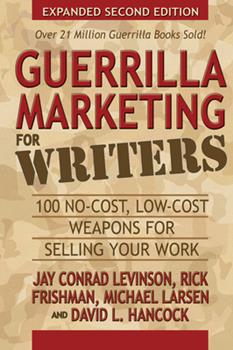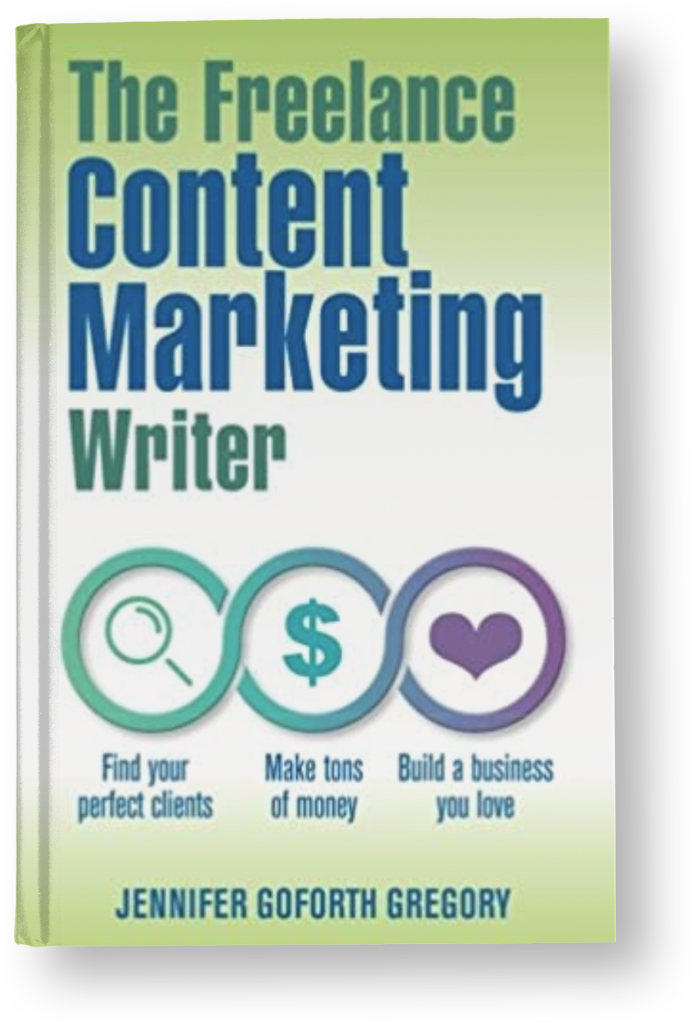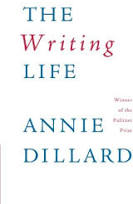Most business owners and their employees understand the value of content marketing. Writing great content and promoting it to your target audience will attract followers and customers.
But you can’t just publish the occasional blog or case study and expect it to pay off. Content marketing takes consistency and effort to see results.
Getting results with your content marketing requires you to do the right things AND avoid doing the wrong things. You can derail your content marketing efforts by making one or more of the following key mistakes:
- Giving up on content marketing too soon
- Ignoring or abandoning your existing content
- Failing to invest in content marketing
Giving up on content marketing too soon
Giving up early when efforts don’t pay off immediately is pretty common. People quit all the time when they don’t see results right away – exercising, writing, investing, job hunting, etc.
Content promotion requires time and repetition to be effective. You can’t publish a couple of blog posts and expect customers to flock to your business.
Create a content calendar. Outline what and when you will you publish over the next three months. For example, you could publish:
- 1-2 blog posts per week
- 1-2 case studies per month
- 5-10 social media posts per week
- 1 white paper per quarter
- 1 newsletter every 1-2 weeks
Keep track of what is important to measure over time (e.g., open rate, visitors, comments). And keep going. Results take time with content but it is effective in building an audience.
Ignoring or abandoning your existing content
Shiny object syndrome is a real thing. People gravitate to whatever is new and interesting now. They often forget what they’ve bought (or published) in the past.
The same goes for content. If you’ve been publishing blog posts, articles, case studies, newsletters, and other content for some time, you will have built up a nice library of content.
Too often, that content goes to waste. It’s forgotten in the library, never to be referenced again.
That old content has value. It attracted readers and customers before, and it can do it again. Share the knowledge you’ve already developed.
Turn old blog posts and case studies into social media posts. Pull out some nuggets of wisdom and share them with the world. This will attract new readers as well as existing customers.
Update existing content when something has changed within your company, industry or marketplace. Remove anything that no longer applies. Refresh and republish that old content.
Check for broken links or email addresses. Replace and update any links so that they lead prospects to where you want them to go.
Update or change calls to action. A new CTA can make a difference and pull in new clients.
Make use of your assets. Don’t let them go to waste.
Failing to invest in content marketing
Once upon a time, I worked at a publisher that invested almost nothing in content marketing and advertising. Most of what we did was free or very cheap, and made use of a limited budget. I wrote a newsletter that got some traction but the only investment was my time.
When we ran ads or invested in promotion, we saw measurable results. For example, we did a campaign to pull in students at a university over one school year. We saw an increase in sales. The owner decided not to repeat the promotion because he did not want to “waste” money.
Content marketing requires investment of time, resources, and money. Yes, you can do a lot for free or cheap, but you still have to invest someone’s time and effort to create the content, as well as to promote the content, and then follow up on results. That takes money as well (employees and freelancers are not free).
It is an unfortunate truth that some business owners think customers will just show up after putting up their website. Successful content marketing requires real dollars and real time. You must hire someone to do the work required in content marketing – content strategy, writing, design, publishing, tracking, following up, and so on.
Don’t pawn off content marketing to someone who is busy with other duties. Assign part of your advertising and marketing budget to an employee, contractor or agency. Make them responsible for content marketing.
Content marketing requires investment to work over time. Put your resources into content marketing to get something out of it.
David








